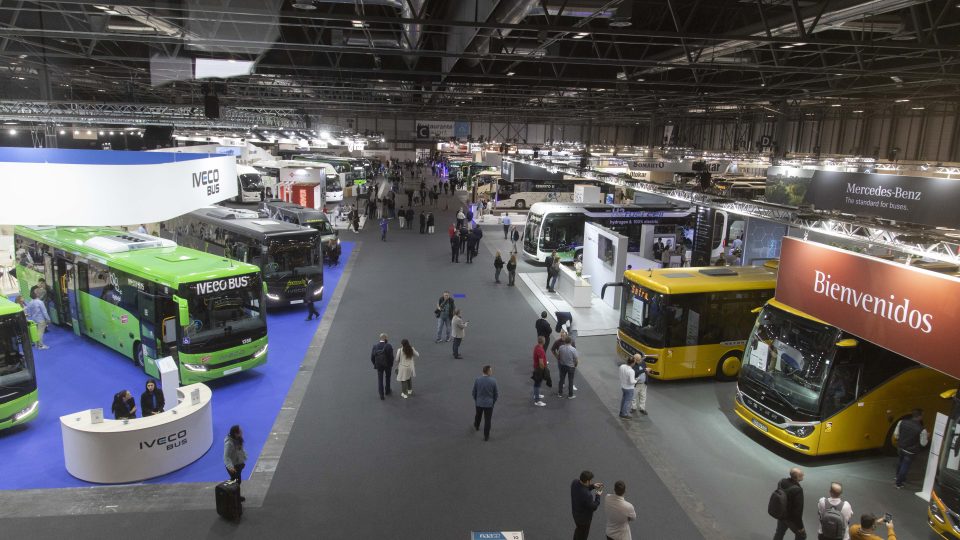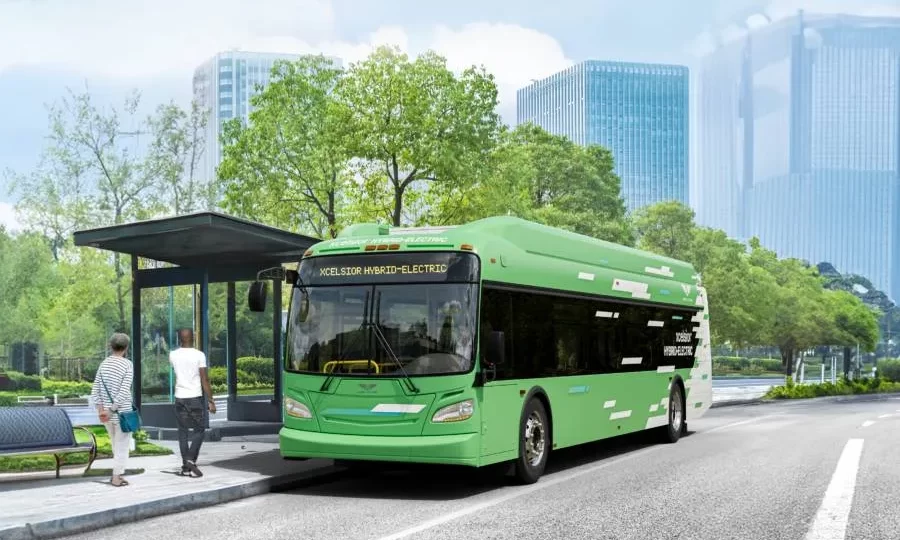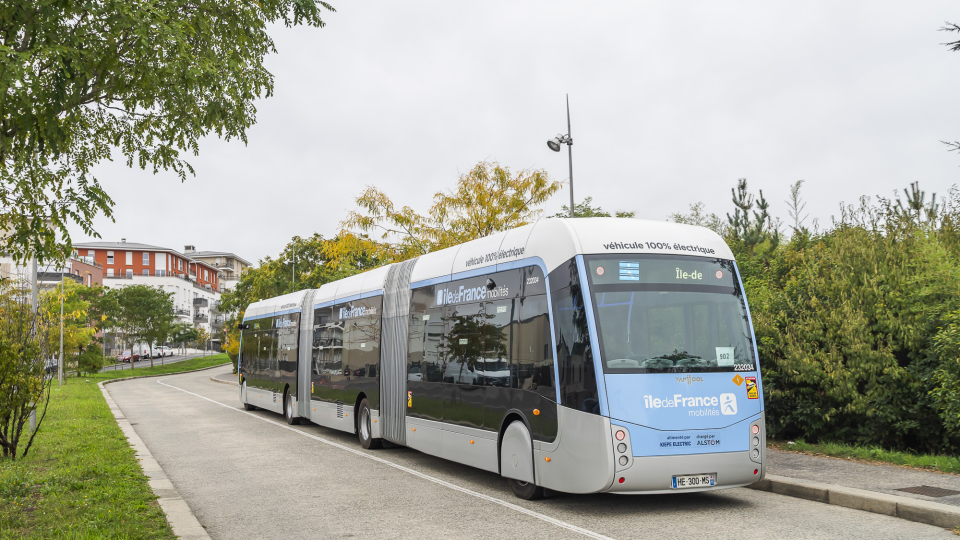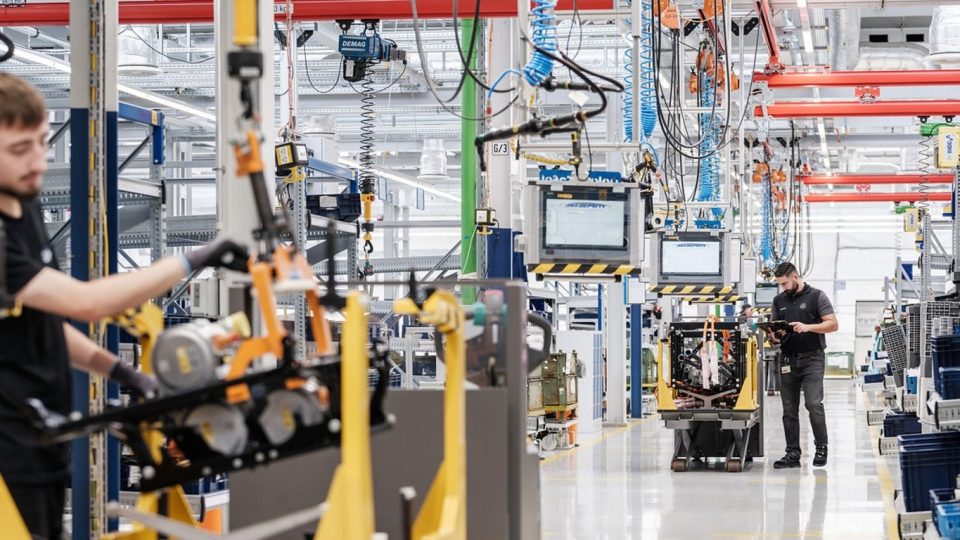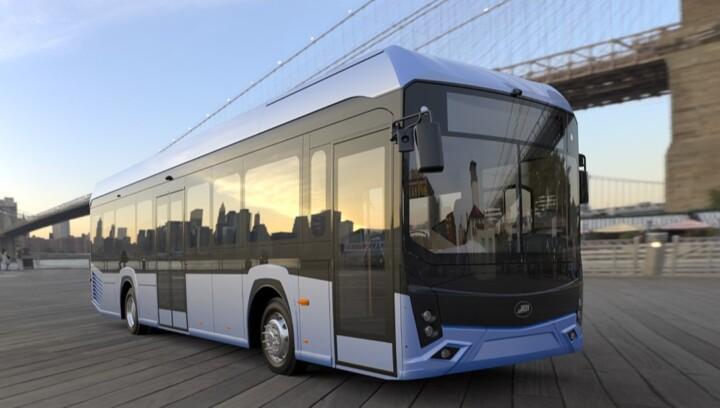Canada, Ottawa will put on the road 450 e-buses by 2027 (with CIB investing $400M)
The Canada Infrastructure Bank (CIB) commits up to $400 million in the City of Ottawa’s 450 zero-emission bus expansion. Such pledge stands out for being the largest-ever single increase in zero-emission buses for public transit in Canada. The CIB and the City of Ottawa, Canada capital city, are proud to announce their agreement in principle, […]

The Canada Infrastructure Bank (CIB) commits up to $400 million in the City of Ottawa’s 450 zero-emission bus expansion. Such pledge stands out for being the largest-ever single increase in zero-emission buses for public transit in Canada.
The CIB and the City of Ottawa, Canada capital city, are proud to announce their agreement in principle, which would see the CIB invest up to $400 million, supporting OC Transpo’s adoption of 450 zero-emission buses (ZEBs) by 2027. This is the CIB’s second ZEB investment commitment with a large municipality and supports the largest conversion of public transit vehicles in Canada to date.
The ZEB investment commitment is another important step towards achieving the Government of Canada’s goal of 5,000 ZEBs.
Canada, ambitious goals for electrification
The electrification of vehicles is a key initiative to help the City’s goal of reducing GHG emissions in City operations by 100 percent by 2040 and demonstrates the City’s commitment to lead by example. Each battery-electric bus will provide a savings of 35,000 litres of fuel every year, which is the annual consumption of a conventional diesel-powered bus, according to CIB calculations.
As outlined in the City’s report released today, Zero-Emission Buses for OC Transpo, to be considered at the Transit Commission on June 16, City staff will request approval from Ottawa City Council to enter into agreements with the CIB. As part of the City’s 2022 capital budget, OC Transpo will recommend purchasing 74 40-foot battery-electric buses and the required charging infrastructure, for entry into service in 2023.
The CIB’s loan will cover the higher upfront capital costs of ZEBs compared to diesel buses, helping to accelerate the electrification of the City’s bus fleet. Financial savings are estimated to be substantial, as lifetime operating costs for ZEBs could be as much as 35 per cent lower than diesel buses. Energy supply and charging infrastructure for this proposed transition will be supplied through an agreement with Hydro Ottawa.
The Canada Infrastructure Bank has a commitment to invest $1.5 billion in zero-emission buses and associated infrastructure, which will be coordinated with Infrastructure Canada’s new funding for zero-emission transit. This program, expected to formally launch in the near future, will support the purchase of zero-emission public transit and school buses.
«Ottawa’s goal of reducing by 100 per cent the GHGs emitted from City operations by 2040»
The Honourable Catherine McKenna, Minister of Infrastructure and Communities comments: «Cleaner air, quieter streets, and a planet safe for our kids – that’s the goal. By partnering with the City of Ottawa, the Canada Infrastructure Bank will help bring 450 new zero-emission buses to the streets of Ottawa, towards our commitment of 5,000 more zero emission buses across the country. It’s part of the Government’s plan to create good jobs and kickstart the economy, tackle climate change, and build more inclusive communities».
«Switching from diesel buses to battery-electric is one of the most impactful actions we can take to meet Ottawa’s goal of reducing by 100 per cent the GHGs emitted from City operations by 2040. This historic investment in zero-emission transit brings us one a step closer to achieving that goal and transitioning Ottawa into a clean, renewable and resilient city that is ready for the future» says Jim Watson, Mayor, City of Ottawa.
Ehren Cory, President and CEO, Canada Infrastructure Bank adds: «I am delighted the CIB is making a major investment in the City of Ottawa’s ZEB initiative. 450 new zero-emission buses is a really big deal. Our partnership will help the City meet its climate targets and provide cleaner public transportation for future generations. This is a tremendous opportunity to modernize municipal infrastructure and build healthier communities. The CIB looks to invest in projects which improve the quality of life for Canadians, and this is a great example of that».
Bryce Conrad, President and CEO, Hydro Ottawa Holding Inc.: «Ottawa’s energy future isn’t just about being green, it’s about being sustainable. Our role at Hydro Ottawa is two-fold; to build the reliable electric infrastructure necessary to support our City’s commitment for a smart energy future; and to bring electricity into the 21st century by making sure the energy we use is generated with clean, renewable power. The electrification of our public transit system is critical for our city and nation’s capital to meet its energy and climate targets, and we are proud to play a part in helping achieve those goals».

